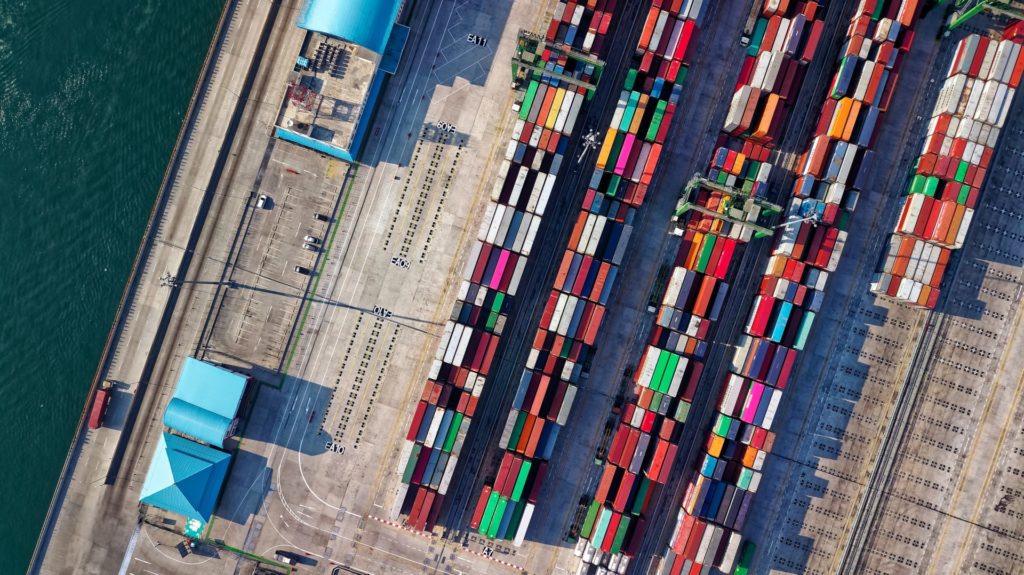- February 28, 2022
- 12:21 pm
Brex-hit: How the laboratory supply chain has been affected in the UK
The issues that the laboratory industry, across all sectors, are facing include:
- Import delays and delays in international shipping
- Changing rules and regulations
- Labour shortage
Since Brexit came into force in January 2020, research laboratories and universities
have faced delays importing crucial materials from the EU, including PPE,
technical equipment, cell cultures, reagents and more. This is an ongoing
issue: in autumn 2021, NHS England advised GPs to postpone blood tests for
suspected allergies, vitamin D deficiencies, fertility issues and routine
pre-diabetes screening. This was said to be necessary to prioritise tests for cancer
diagnoses, unwell newborns and prenatal screening.
This decision was made due to an “intermittent supply” of blood bottles
from the NHS’ main provider, Beckton Dickinson. NHS England said that there was
a global increase in demand to test for clotting in Covid-19 patients, however,
border challenges and transport matters were also exacerbating the issue.
The difficulties in the physical transport of supplies coincide with the
complications surrounding the paperwork required to be completed before the
shipment can even leave the supplier. In an interview with Politico, Jiteen
Ahmed, Head of Technical Services at Aston University and member of the SUPC
(Southern Universities Purchasing Consortium) said that researchers are facing
increased amounts of paperwork alongside import delays. Researchers must
dedicate considerable amounts of time to understanding and completing a much
larger amount of trading paperwork, and maintaining regular communication with
their suppliers, to ensure that operations can continue effectively. Ahmed
noted that researchers may not have time to complete everything that they had
planned for each project, causing significant delays as a result.
Dr Sarion Bowers, Head of Policy at the Welcomme Sanger Institute, echoed similar
sentiments in an interview with THE (Times Higher Education) in April 2021;
“the bureaucracy we face has massively increased, and this is directly due
to Brexit.” Dr Bowers added that the institute has experienced continuing
problems with delivery hold-ups at customs.
Across all sectors, an October 2021 report by accountancy firm Grant Thornton noted
that over half of the respondents in their research said that they had been negatively
affected by a lack of available workers and were unable to find both skilled
and unskilled staff. With a lack of British workers filling the gaps left by a
departure of over 200,000 EU nationals, there is huge pressure to find
alternative solutions to meet demand. This has particularly impacted the food
and drink industry, where shortages impact the full breadth of the supply chain
from the initial inputs into farming, to the quality and safety testing of
food, and through to the dining table.
Of course, Covid-19 is an ongoing spectre aggravating all of the supply chain
difficulties mentioned. Although we are not yet out of the woods, it seems that
we can now see the light at the end of the tunnel of the coronavirus pandemic.
Once the obstacles and pressure caused by Covid-19 are eased, the UK laboratory
industry can work on tackling the strain caused by Brexit and begin to shape
the future of the UK’s scientific supply chain landscape.
Have you or your laboratory been affected by any of the issues in this post? Would you like to share your take on the current challenges facing the laboratory industry? Contact nicole.hawkins@easyfairs.com to have your opinion piece featured.







